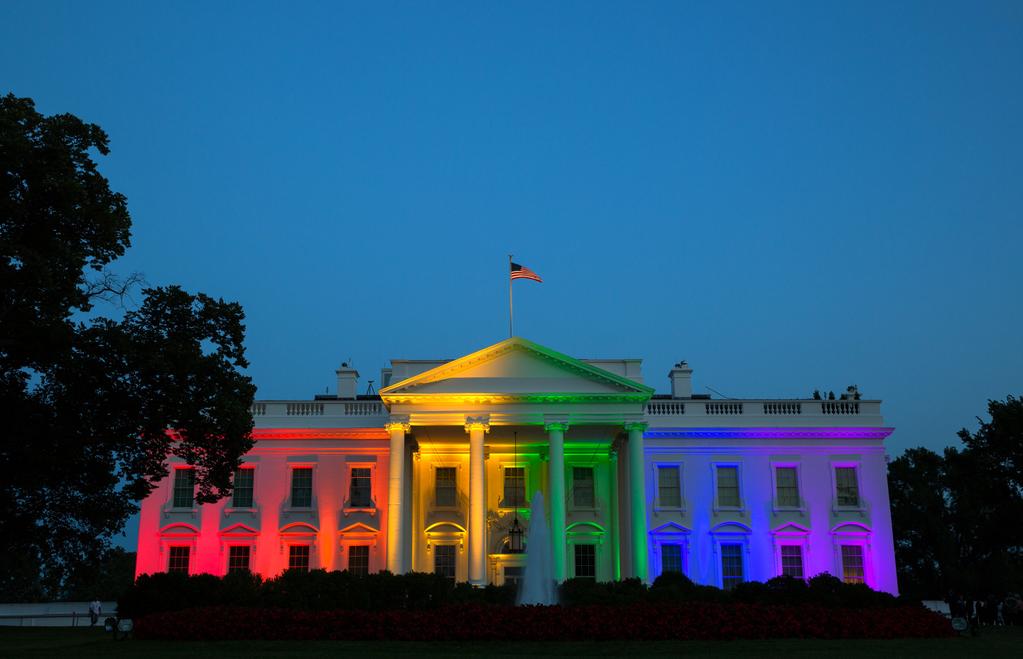
On January 20, 2017, the U.S. Court of Appeals for the Second Circuit heard oral argument in Christiansen v. Omnicom Group, Inc., et al., No. 16-748, on the question of whether employees who experience sexual orientation discrimination can seek protection under Title VII. Because the Supreme Court has not ruled on the question and federal circuit courts of appeal have strictly construed Title VII by denying protection for sexual orientation discrimination, employment lawyers are following the case closely.
In 2015, Christiansen filed a complaint in the Southern District of New York against his employer, an advertising agency, alleging that Christiansen’s supervisor created a “pervasive hostile workplace atmosphere” by engaging in such conduct as drawing sexually explicit pictures of him and co-workers fornicating with each other; calling him “gay,” “sissy,” and “poof;” and accusing gay people of being murderers of the children they sexually abuse. Further, Christiansen alleged that his supervisor accused him of having AIDS because he was gay.
In March 2016, Southern District Judge Katherine Polk Failla held that Second Circuit precedent prevented her from ruling in Christiansen’s favor and wrote, “[b]y any metric, the conduct alleged is reprehensible.” Christiansen v. Omnicom Grp., Inc., 167 F. Supp. 3d 598, 618 (S.D.N.Y. 2016). Judge Failla asked the Second Circuit to overturn its decision in Simonton v. Runyon, 232 F.3d 33 (2d Cir. 2000), that held that Title VII’s protection does not extend to discrimination based on sexual orientation.
Christiansen argued that the phrase “sexual orientation” need not be part of the statutory language of Title VII in order for courts to permit claims on this basis. Omnicom argued that courts cannot extend protection unless Congress amends Title VII to include the phrase “sexual orientation.” In support of Christiansen, amicus briefs were filed by the Equal Employment Opportunity Commission, the American Civil Liberties Union and 128 Members of Congress, who argued in their brief to the Second Circuit:
To hold that sexual orientation does not fall under “sex” in Title VII flies in the face of common sense, the understanding of more than 200 bipartisan members of the House and Senate who have cosponsored the Equality Act and the position taken by the Equal Employment Opportunity Commission and other federal circuits. Sexual orientation cannot be understood without reference to a person’s sex, so any instance of discrimination based on sexual orientation must be rooted in impermissible sex-based considerations.
Despite the arguments from these powerful groups, until the en banc Second Circuit issues a decision, lower courts must continue to deny claims for sexual orientation discrimination pursuant to Title VII.
| Jeanne M. Christensen Partner |
| WIGDOR LLP 85 Fifth Avenue, New York, NY 10003 T: (212) 257-6800 | F: (212) 257-6845 |
| jchristensen@wigdorlaw.com www.wigdorlaw.com |